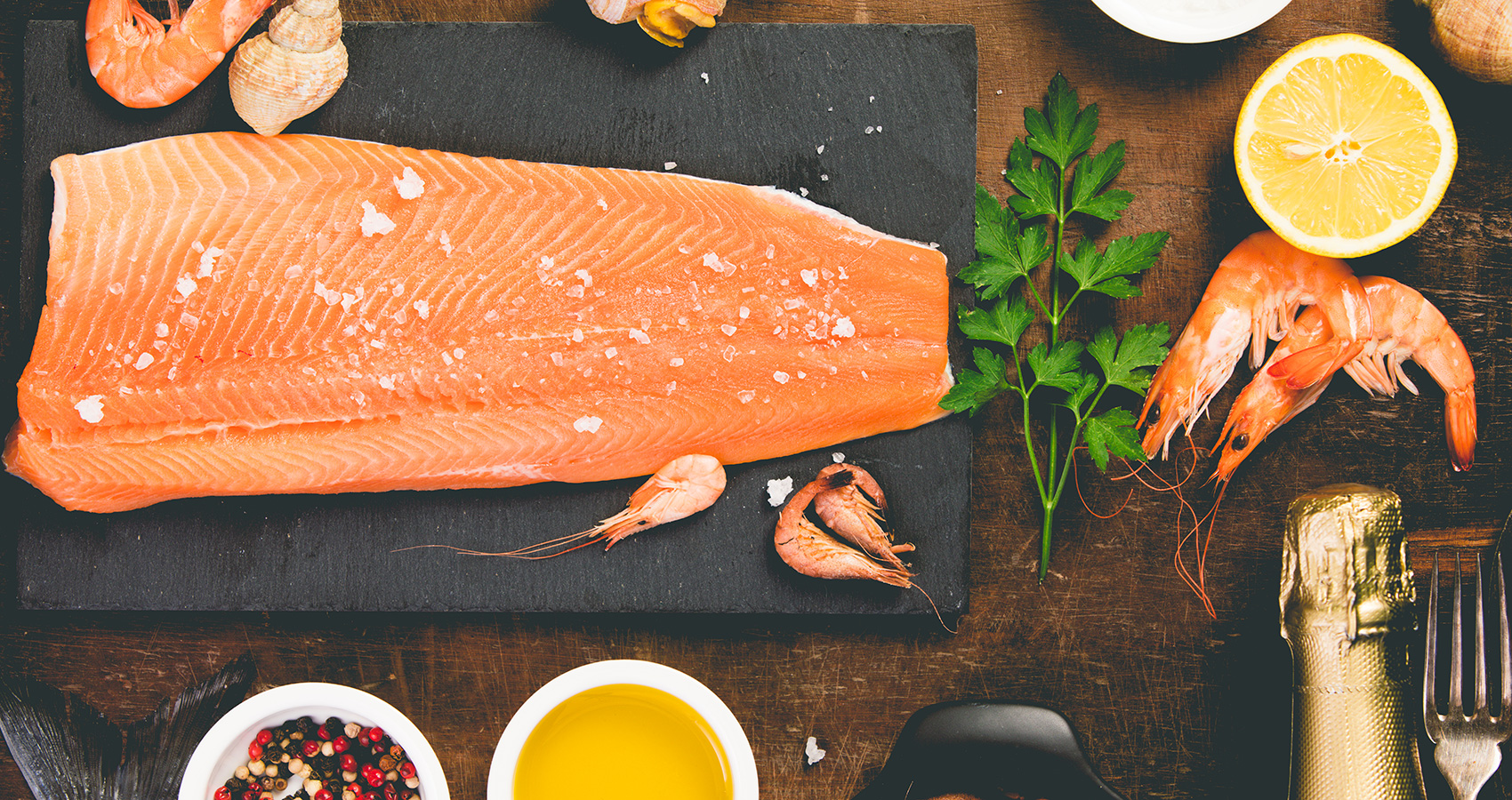Ever tried to read a sustainable seafood guide? It’s easy to go cross-eyed with information overload and leave with a vague sense of dread and no better understanding of what to do.
Responsible consumers are stuck in the following triangle: seafood is important for nutritional benefit because it’s lean and full of omega 3s, but oceans and lakes are consistently over-fished which means we’re contributing to an unsustainable food system. But we need the omega 3’s! What do we do?
Let’s break this down point by point.
1) Yes, we need our omega-3’s. Omega 3 fatty acids are an essential nutrient. This means we need it for survival but can’t make it in our bodies the way we can with other nutrients. There isn’t enough data for there to be a national recommendation yet, but some studies suggest 250-500 milligrams per day provides enough benefit. Many seafoods are excellent sources of omega 3, including salmon, sardines, mussels, and mackerel. Other options include grass-fed meat and poultry and plant-based foods such as ground flaxseed, flaxseed oil, soybean oil, canola oil, and tofu. There is of course, also a supplement. Look for a fish oil supplement with DEA and DHA, certified by a 3rd-party such as USP or Consumer Lab (like Nature Made), and try putting them in the freezer to reduce possibility of any aftertaste.

2) Yes, many wild fisheries are fished at capacity or overcapacity. We consider wild-caught fish to be the most nutrient dense option, highest in omega-3s, and in many cases this is true. At the rate Americans consume salmon, wild fisheries are only able to supply about ⅓ of that demand. Farmed fish is becoming more and more of a necessity to protect wild fish populations. To continue making nutrient dense, wild-caught choices we need to branch out of our comfort zone. Check out this printable pamphlet from Monterey Bay Aquarium’s Seafood Watch program for options to start looking for. Ask at your fish counter too!
Yes, farmed fisheries are imperfect. Concerns include disease, overcrowding, and fish living off a diet that is not natural to them, which reduces the quality and nutrient density of the fish. But compared to traditionally farmed animals (poultry, beef, pigs), farmed fisheries are better for the environment. Less feed, chemicals, and antibiotics are used which makes the system more sustainable than that of larger animals. Fishwatch.gov has a great FAQ section that answers many more questions about sustainable seafood and farming.







